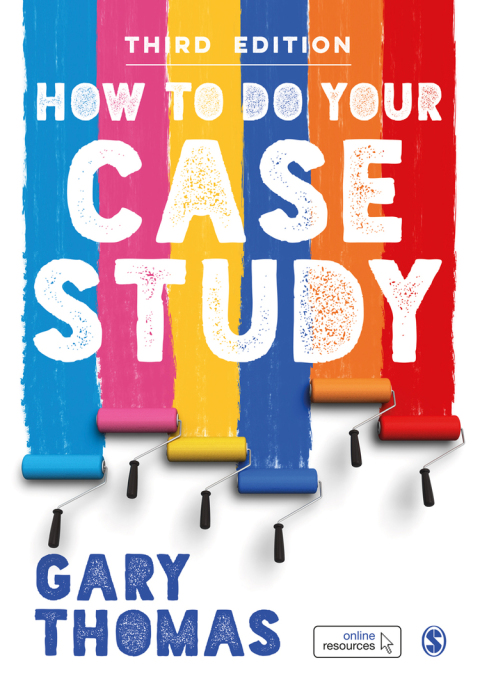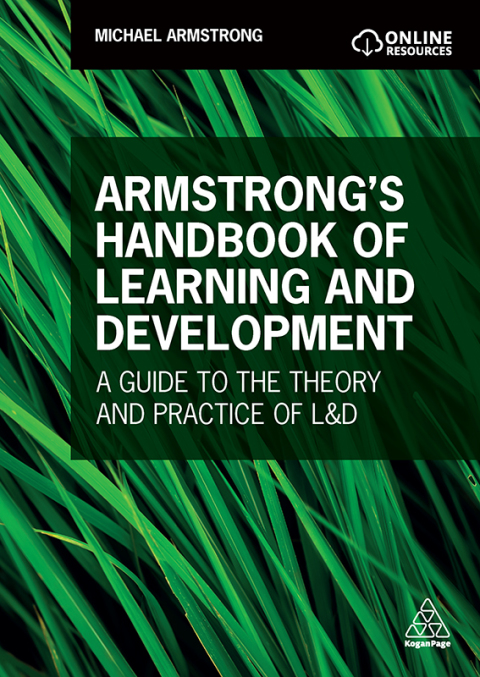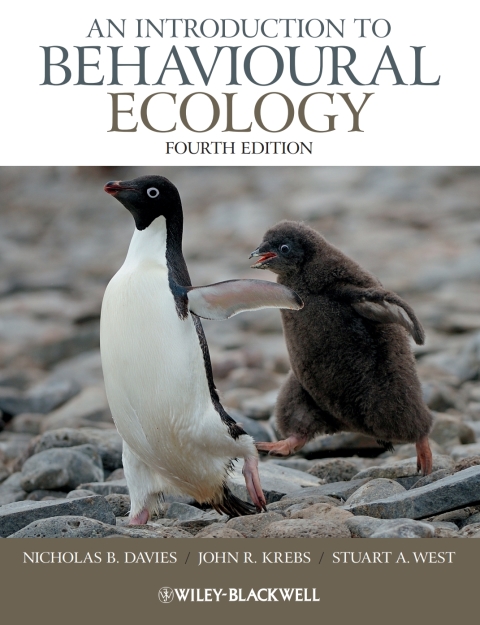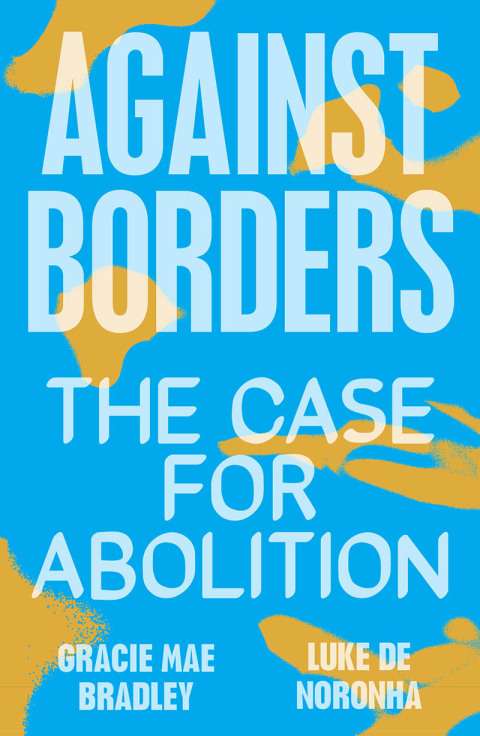Description
Efnisyfirlit
- About the author
- Preface
- Online resources
- A roadmap for conducting a case study, using this book
- Stage 1 Getting Your Bearings
- 1 What is a case study?
- Is the case study scientific?
- Some definitions
- What is a case?
- The subject and object of a case study
- Forms of case study…and six steps to follow in devising your own
- If you take only one thing from this chapter, take this …
- Reflective activity
- Further reading
- 2 The case study and research design
- First things first: your purpose
- Next, your question
- Literature review
- Using the literature and a storyboard to help you design your case study
- This case study in the typology
- How to go from idea to question to case study
- Questions and different approaches to research
- Design frames and methods
- If you take only one thing from this chapter, take this …
- Reflective activity
- Further reading
- 3 The whole is more than the sum of the parts: seeing a complete picture
- Break things down or see them as wholes?
- Gestalt psychology
- Dramas, theatres and stages
- Ecological psychology
- Systems thinking
- If you take only one thing from this chapter, take this …
- Reflective activity
- Further reading
- 4 Rigour and quality in your case study: what is important?
- Is the ‘sample’ important in case study?
- Do I have to worry about reliability and validity in a case study?
- Triangulation
- Positionality
- Generalisation
- Theory
- Finding or regularising
- Quality
- If you take only one thing from this chapter, take this …
- Reflective activity
- Further reading
- 5 Ethics
- Your participants
- Vulnerable groups
- Participants’ activity
- Deception or concealment
- Confidentiality and anonymity
- Data security and stewardship
- Consent
- Risk
- Contacting participants
- Ethics and social media
- Care for your participants – and yourself
- Where do I put discussion about ethics in my case study write-up?
- Getting clearance – ethical review
- If you take only one thing from this chapter, take this …
- Reflective activity
- Further reading
- Stage 2 Choosing A Case and Structuring Your Study
- 6 Different kinds of case studies: selecting a subject fory our case study
- How do you select your case study subject?
- Same starting points, different paths – there is no single right way
- The typology in practice
- If you take only one thing from this chapter, take this …
- Reflective activity
- Further reading
- 7 Your purpose: thinking about the object of your study
- Intrinsic
- Instrumental
- Evaluative
- Explanatory
- Exploratory
- If you take only one thing from this chapter, take this …
- Reflective activity
- Further reading
- 8 Your approach: theory testing or theory building; interpretation or illustration
- Theory testing or theory building
- Building a theory
- Testing a theory
- Drawing a picture – illustrative–demonstrative
- Interpretative
- Experimental
- If you take only one thing from this chapter, take this …
- Reflective activity
- Further reading
- 9 Your process: the shape, style and manner of your case study
- The single case
- Time as a dimension of the case study
- The multiple or collective or comparative case (or cross-case analysis)
- Nested case studies
- Parallel and sequential studies
- If you take only one thing from this chapter, take this …
- Reflective activity
- Further reading
- Stage 3 Collecting Evidence, Analysing and Writing It Up
- 10 Out in the field: some ways to collect data and evidence
- Interviews
- Accounts
- Diaries
- Group interviews and focus groups
- Interrogating documents
- Questionnaires
- Observation
- Image-based methods
- Measurements and tests
- Official statistics and other numerical data
- Using social media
- If you take only one thing from this chapter, take this …
- Reflective activity
- Further reading
- 11 Analysis: a toolkit for analysing and thinking in case study
- Interpretative inquiry: eliciting themes
- Sociograms
- Systems thinking
- Drawing storyboards – the nuts and bolts
- Developing your theory
- Using narrative
- Think drama
- Being intuitive and imaginative
- If you take only one thing from this chapter, take this …
- Reflective activity
- Further reading
- 12 Writing your study
- Structure
- Writing up your case study
- Two examples of good analysis, argument and writing
- Some rules for writers
- Remember you have an audience
- If you take only one thing from this chapter, take this …
- … and this – a final thought
- Reflective activity
- Further reading
- Other reading
- References
- Index






Reviews
There are no reviews yet.